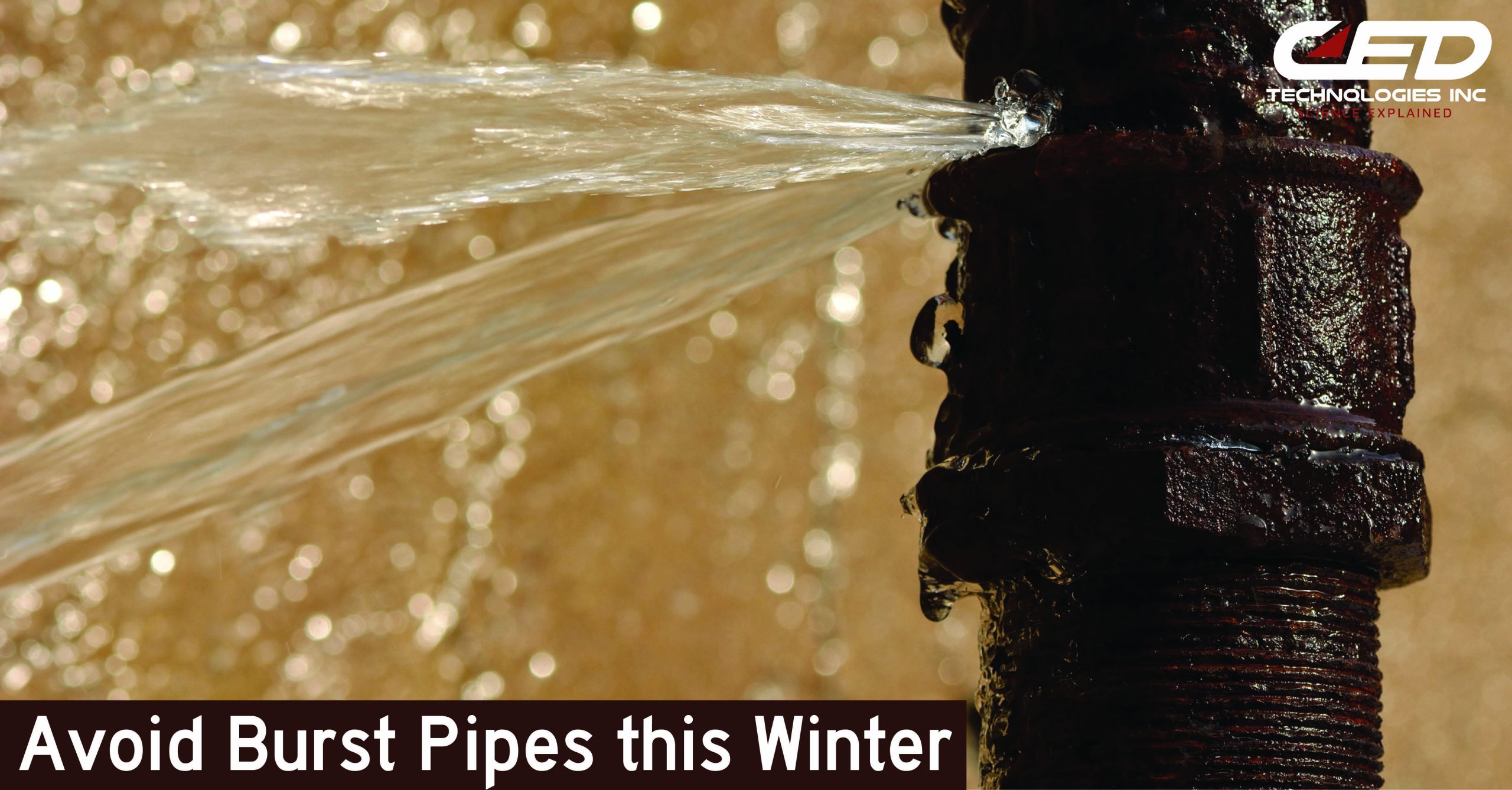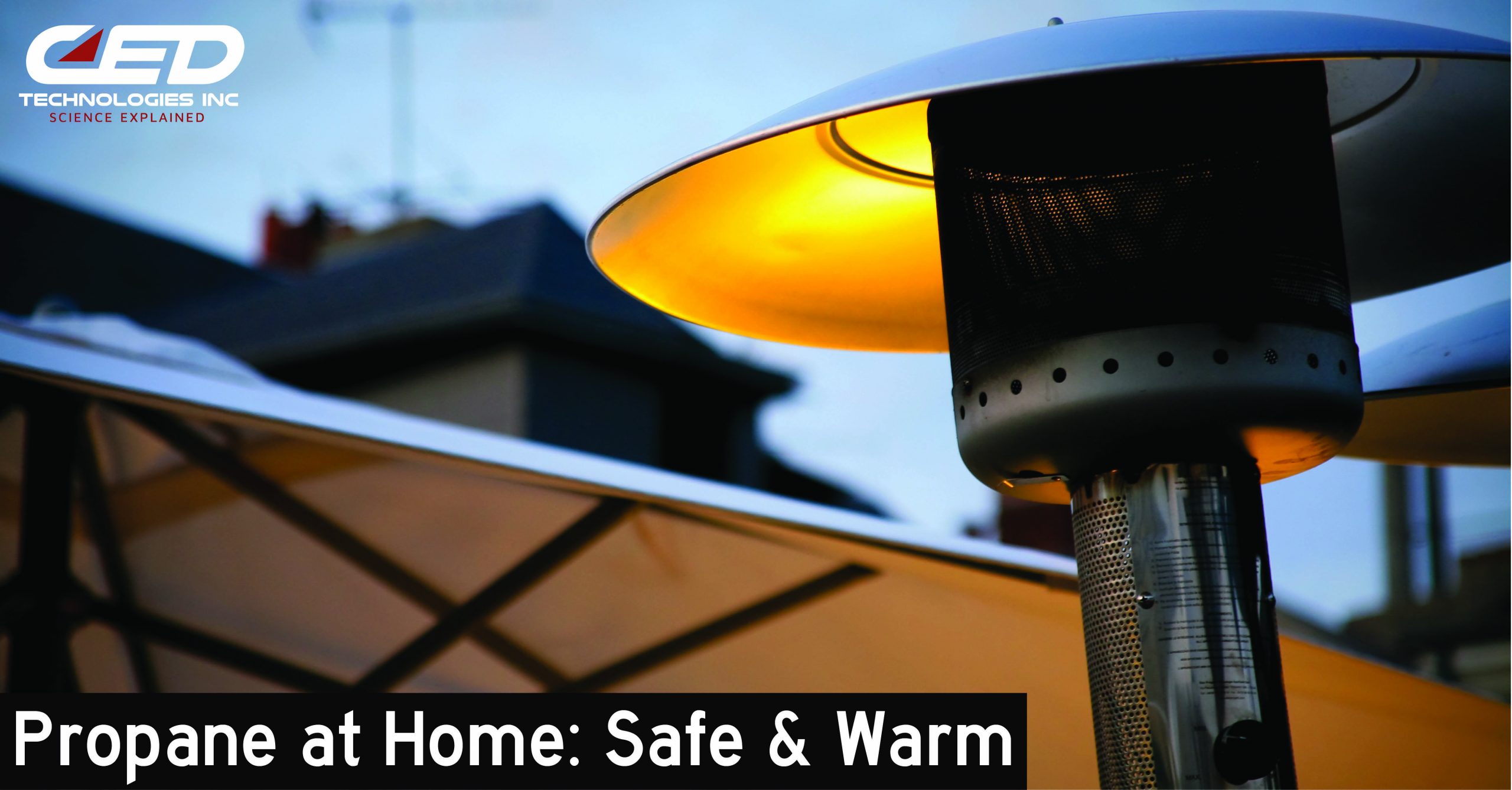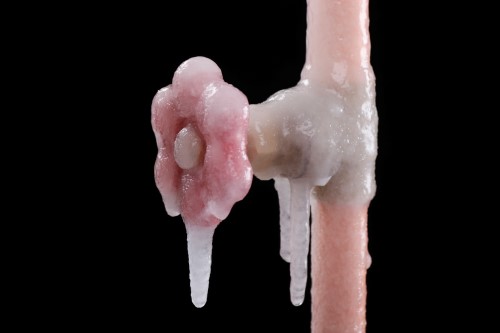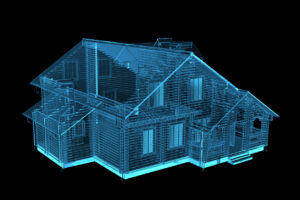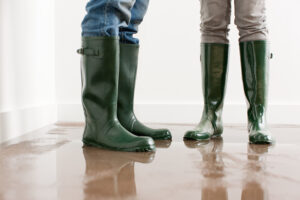When winter temperatures drop, people are typically concerned about how cold it gets outside. But, as outside temperatures fall, homeowners should remember that the risk of having pipes freeze and burst increases. If outdoor temperatures stay below 32 degrees Fahrenheit for any extended period of time, indoor pipes are vulnerable to freezing and bursting depending on the location of the pipes and the degree of insulation on the pipes.
Where are pipes most at risk? Any pipes running in unheated or poorly insulated interior spaces in the home can freeze, so be aware of pipes in basements, attics, and garages. However, even indoor pipes under cabinets or exterior walls with little or no insulation can freeze (think kitchens and bathrooms).
It’s important to protect your pipes to prevent significant home damage. CED recommends these tips to prevent and protect your homes in cold temperatures:
- Remove, drain, and store hoses used outdoors. Close inside valves supplying outdoor hose bibs. Open the outside hose bibs to allow water to drain. Keep outside valves open so that any water left in the pipe can safely expand without the pipe breaking.
- Add insulation to Make sure attics, basements and crawl spaces are properly insulated to minimize heat loss and increase the temperature in those areas.
- Consider having a home energy audit done by your utility company. Many utility companies will provide a thermal imaging assessment to identify locations where cold air infiltrates your home.
- In extreme cold, open kitchen and bathroom cabinet doors to allow warmer air to circulate around the plumbing.
- If your heating system fails, let the cold water drip from the faucet served by exposed pipes. Running water through the pipe – even at a trickle – helps prevent pipes from freezing.
- If your home will be unattended during winter months, consider winterizing the entire plumbing system.
- If you will be away for an extended period during cold weather, and your heating system doesn’t require a cold water make-up, consider shutting off the main water supply.
If you’ve experienced bursting pipes, CED’s engineers will find the root of the issue. If you have a case or claim with frozen pipes, contact us or call (800)780-4221.
Click Here To See Our Full List of Experts Click Here To Submit an Inquiry about a possible Claim or Case.
